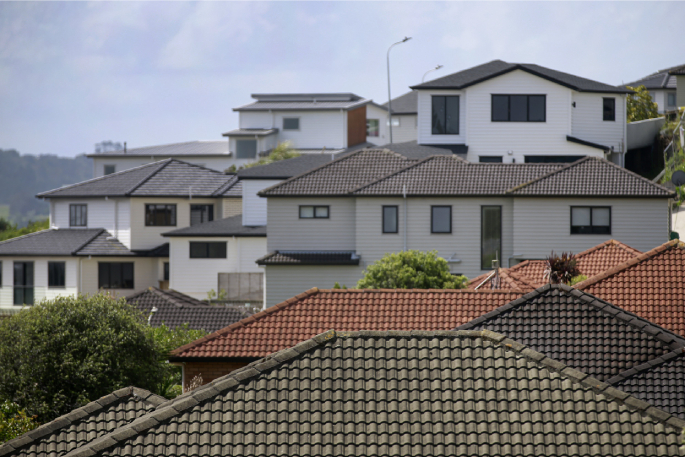As New Zealand’s home buying season approaches, the Natural Hazards Commission Toka Tū Ake (NHC) is encouraging prospective buyers to factor natural hazard risks into their purchasing decisions.
NHC Chief Resilience and Research Officer Jo Horrocks warns that every home in New Zealand comes with some level of natural hazard risk, making it essential for buyers to do their due diligence.
To support this, the NHC has released a new one-page home-buying checklist designed to help house hunters evaluate potential risks before purchasing.
“We are highly exposed to natural hazard risks in New Zealand, including a range of geological hazards like earthquakes and volcanoes,” Horrocks said.
“We also face increasing exposure to severe weather events and the resulting hazards such as flooding and coastal inundation.”
Recent research by the NHC found that 84% of people who have recently bought or are considering buying a home are aware of natural hazard risks.
However, it is unclear whether this awareness translates into taking the necessary steps to assess a property’s vulnerability fully.
The essential steps on the checklist are securing a pre-purchase inspection from an accredited provider, understanding available insurance—particularly for land—and reviewing the Natural Hazards Portal before making an offer.
The Natural Hazards Portal provides data on over 360,000 claims settled by the NHC since 1997. It allows users to pinpoint past natural hazard damage at a specific location, giving them valuable insight into potential risks before committing to a purchase.
“You should also check local council files on the property,” advises Horrocks. “These records can provide details on any natural hazard risks associated with the site and confirm whether previous building work was appropriately consented.”
Horrocks further highlights the importance of assessing structural features that could make a home more susceptible to damage, such as older chimneys, unstable foundations, and retaining walls.
Buyers should also consider the potential cost of necessary repairs and discuss these factors with their lawyer before making an offer.
Insurance knowledge is another key aspect of due diligence. Horrocks notes that only one in three New Zealanders fully understand their insurance coverage.
Buyers should take the opportunity to review their policies carefully, ensuring they are aware of what is covered, especially regarding NHCover for land, which often only contributes to repair costs rather than covering them in full.
“We all have different appetites when it comes to risk,” Horrocks said. “By thoroughly assessing a property’s natural hazard risks, homebuyers can ensure they are making an informed decision and choosing a home that is as resilient as possible.”



0 comments
Leave a Comment
You must be logged in to make a comment.